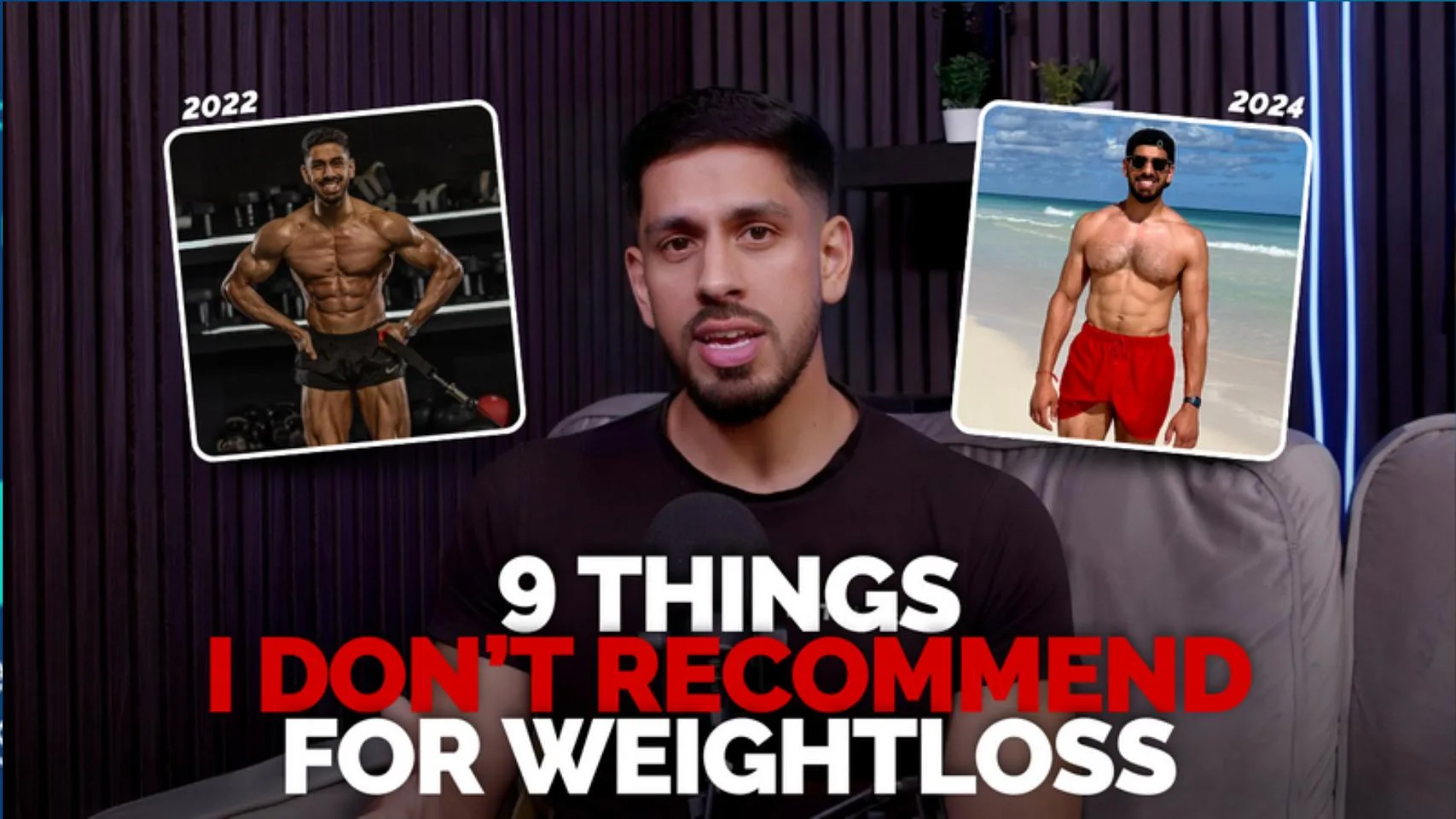FAT to FIT Season 2: Part 13
How Long-term Weight Loss REALLY WORKS?
- Behavior & Lifestyle
- Calorie Deficit
- Exercise: Strength Training & Cardio
- Protein & Fiber Intake
- Carbs & Fat Macros
- Supplements
These are the 6 Levels of things that you need to be mindful of when it comes to a long-term plan for your fitness journey.
Through the previous blogs, we just spent a good portion of time going over energy balance, which is the single most important physiological factor in weight loss, weight gain, and weight maintenance.
We also spent a lot of time emphasizing why yo-yo dieting is such a terrible idea, and why 95% of diets fail in the long term.
You may wonder Why has no one ever told you these things before?
To be frank, most diets have zero motivation to help you get the weight off and keep it off for the long term.
They’re only concerned with producing short-term results and gathering testimonials so they can make their diet seem like the easy way to lose weight.
Funny, how you only see before and after pictures, but you almost never see any of those people in an after-the-after picture over a year later.
This is because through the quick weight loss journey these clients didn’t learn any good habits to maintain their healthy weight range. That’s why I mentioned the first point as BEHAVIOUR & LIFESTYLE.
Because good habits are the ones you need to build around your lifestyle to maintain your healthy body weight.
You may have read the first few blogs and felt that sustainable weight loss is hopeless.
I want to strongly emphasize that this is not the case. I wanted to show you how big the problem of weight regain is, and why most diets fail: a lack of sustainability.
That being said, there are people who lose weight and keep it off. I’ve spent the first few Blogs of this series explaining why 95% of people fail. But what about the ~5% who succeed?
We definitely need to focus on them and see what kind of behaviors they use to lose weight and keep it off. Ironically, not one specific diet has emerged as the clear “winner” in people who have lost weight and kept it off.
Instead, patterns of behavior have become indicators of sustainable weight loss.
This is unsurprising to legitimate scientists since we know that energy balance is the most important factor for producing weight loss.
To that end, you can achieve weight loss through any number of different diet strategies: low fat, low carb, flexible dieting, the ketogenic diet, intermittent fasting, or any dietary plan that allows you to sustain caloric restriction/maintenance.
I’ll talk in-depth about how to set up a nutritional plan for you and your own metabolism and personal preferences.
However, first, it’s important to talk about the habits and behaviors of successful dieters, since these behaviors will have a bigger impact on your ability to lose weight and keep it off than any particular diet.
While we usually get questions on weight loss, it’s important to remember the bigger picture; if you do have a weight problem on either side of the spectrum, it helps to know how you got there.
You don’t get from Point A to Point B overnight, and you won’t get back to Point A so quickly either. We’ll go over the finer details later, but for now, there are strategies you can implement to save yourself time.
And every little step is a bit of progress. Some steps might be big, some small. Never let that deter you. Progress is progress.
So the first thing you need to accept is the current situation you are now in.
if you are overweight, it’s fine we can get back in a new healthy range, but before we do the necessary step think about it, this weight gain happened not overnight or from last week’s junk meal.
This was accumulated on a series of events that happened in your last few years of eating and activity habits.
You may be eating mindlessly, and you may be not active throughout these days plus lots of stressful events, etc, etc.
So now you accepted it is as it is. now see, we needed to reverse it the same way, so it will definitely take at least 50% of the time you have taken to gain weight.
This means if you had taken 1 year to gain your current body weight, give it 6 months to lose it. got it.
but if you try to lose this weight in 3 months or less, there will be consequences of weight re-gain.
because the first thing you needed to note is that, you are not learning a habit of sustainable eating or an active lifestyle.
second, the diet plan you are taking into your lifestyle should be a sustainable one.
so whatever the plans you are about to take it forward, you needed to imprint that behavior in your lifestyle forever.
See, Any good thing in this world is done through a certain level of conscious actions, not by accident. when was the last time you heard a bodybuilder say:
Oops, I went to the gym and touched the weight for a week and here I am at the bodybuilding stage- No Never!!
This bodybuilder did some very specific things in a specific way for a specific period to achieve that specific chiseled body.
This is what the conscious way of doing things mindfully does to your life. so you can reap the reward and maintain it forever.


